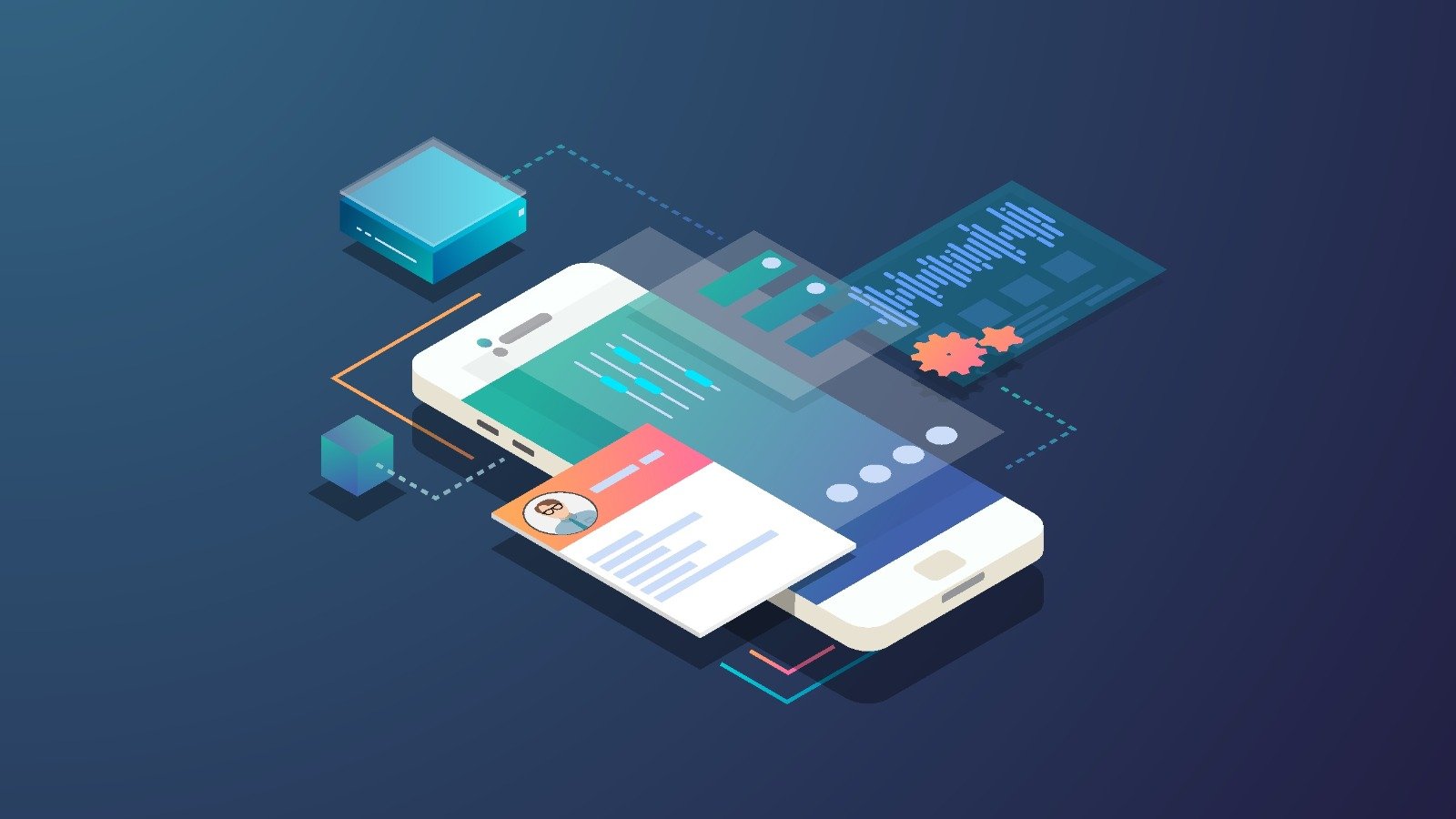Mobile app development is the process of creating software applications that run on a mobile device. These apps can be native, which means they are built specifically for a particular mobile platform (such as iOS or Android), or they can be cross-platform, which means they can run on multiple platforms.
Mobile App Development Services
There are many different mobile app development services that a company can offer, including:
Conceptualization and planning: Before any development can begin, the company will work with the client to understand their needs and create a plan for how the app will function. This includes determining the target audience, the features that will be included in the app, and the overall design and user experience.
Design and user experience: The mobile app development company will then design the app, creating wireframes, mockups, and prototypes to help the client visualize the final product. They will also create a user experience (UX) design that ensures the app is easy to navigate and use.
Development: After the design and planning stage is complete, the company will begin developing the app. This includes coding and testing to ensure that the app functions correctly and meets all of the client’s requirements.
Testing and Quality Assurance: Quality assurance team tests the app on different devices and platforms to ensure that it works as expected and is free of bugs.
Deployment and maintenance: Once the app is developed and tested, it will be deployed to the appropriate app store (such as the App Store or Google Play). The mobile app development company will also provide ongoing maintenance and support to ensure that the app continues to function correctly.
Analytics and optimization: The mobile app development company will also provide analytics to help the client understand how the app is being used and where improvements can be made.
Mobile app development services are essential for businesses and organizations looking to create powerful, engaging apps that connect them with their customers and improve their operations. There are many different approaches to mobile app development, including hybrid, flutter, android, iOS, progressive, and react native. In this blog, we will discuss each of these approaches in detail and explore their pros and cons.
Hybrid mobile app development:
Hybrid mobile app development is a technique that allows developers to build mobile apps using web technologies such as HTML, CSS, and JavaScript. These apps are then wrapped in a native container that allows them to run on multiple platforms, such as iOS and Android. Hybrid apps are often faster and cheaper to develop than native apps, and they can be easily updated and maintained. However, they can also be slower and less responsive than native apps, and they may not be able to access all of the features of a particular platform.
Flutter mobile app development:
Flutter is an open-source mobile app development framework created by Google. It uses the Dart programming language and allows developers to build high-performance, visually attractive apps for both iOS and Android. Flutter apps are known for their fast development times, expressive and flexible UIs, and easy integration with backend services. On the other hand, it has a relatively small community compared to React Native, and it has fewer third-party libraries and packages.
Android mobile app development:
Android mobile app development is the process of building apps for the Android operating system. Android apps are written in Java or Kotlin, and they can be built using Android Studio or other development tools. Android apps are known for their flexibility and wide range of features, and they can be easily customized to meet the specific needs of a particular business or organization. However, they are generally more expensive and time-consuming to develop than iOS apps.
iOS mobile app development:
iOS mobile app development is the process of building apps for the iOS operating system, which is used on iPhones and iPads. iOS apps are written in Swift or Objective-C, and they can be built using Xcode or other development tools. iOS apps are known for their high performance, sleek design, and strong security. However, they are generally more expensive and time-consuming to develop than Android apps.
Progressive Web App (PWA) development:
Progressive Web App (PWA) development is a technique that allows developers to build web apps that feel and behave like native apps. PWAs are built using standard web technologies such as HTML, CSS, and JavaScript, but they can be installed on a user’s device and accessed offline. PWAs are known for their fast-loading times, offline capabilities, and push notifications. PWAs are often cheaper and faster to develop than native apps and they can run on any platform, but they can’t use all the capabilities of a device like a native app.
React Native mobile app development:
React Native is an open-source mobile app development framework created by Facebook. It uses JavaScript and allows developers to build high-performance, visually attractive apps for both iOS and Android. React Native apps are known for their fast development times, expressive and flexible UIs, and easy integration with backend services. However, it has a relatively large community compared to Flutter, and it has more third-party libraries and packages.
In conclusion, each of these mobile app development approaches has its own unique set of pros and cons. The best approach will depend on the specific needs of your business or organization. It is important to work with a reputable mobile app development company that has experience and expertise in creating apps for your specific industry and target audience.

